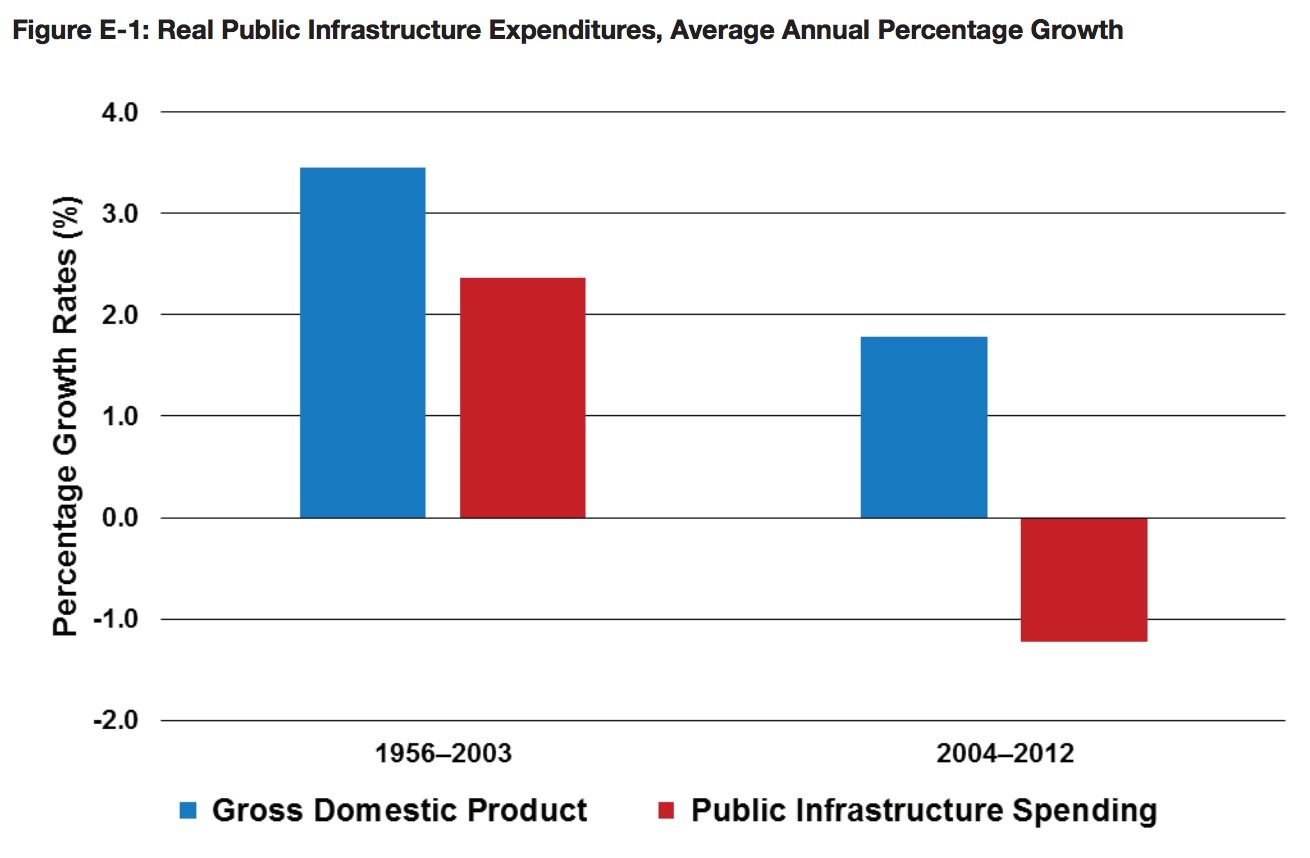
NATIONAL ASSOCIATION OF MANUFACTURERS
Modern economic growth and development depends on high-quality infrastructure. There is no getting around it. However, what, exactly, does that involve? Infrastructure spans a wide range of public and private assets, including highways and bridges, airports, ports and inland waterways, electricity plants and transmission lines, information and telecommunication networks and water and sewage facilities. Such assets are indispensable for facilitating production across various industries—not least of which include agriculture, energy, mining and, in particular, manufacturing. The ability to safely and efficiently move goods from a manufacturing facility to a customer located far away is crucial to the industry’s long-term health and global competitiveness. In other capital-intensive industries, such as telecommunications and electricity distribution, infrastructure plays an equally important role. Beyond the manufacturing industry, basic infrastructure also underlies the daily occupational and recreational activities of U.S. households. Our energy, mobility, information and travel capabilities all depend on safe, accessible and reliable infrastructure.
View this complete post...
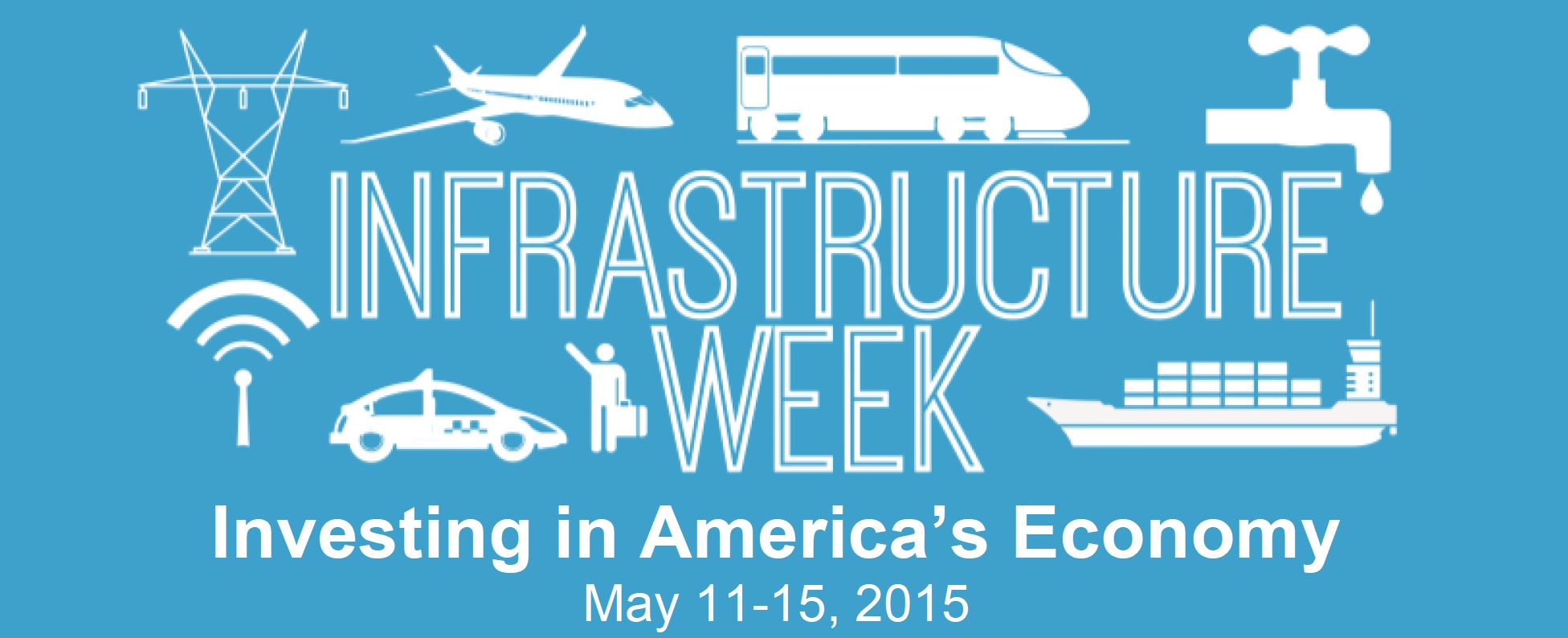












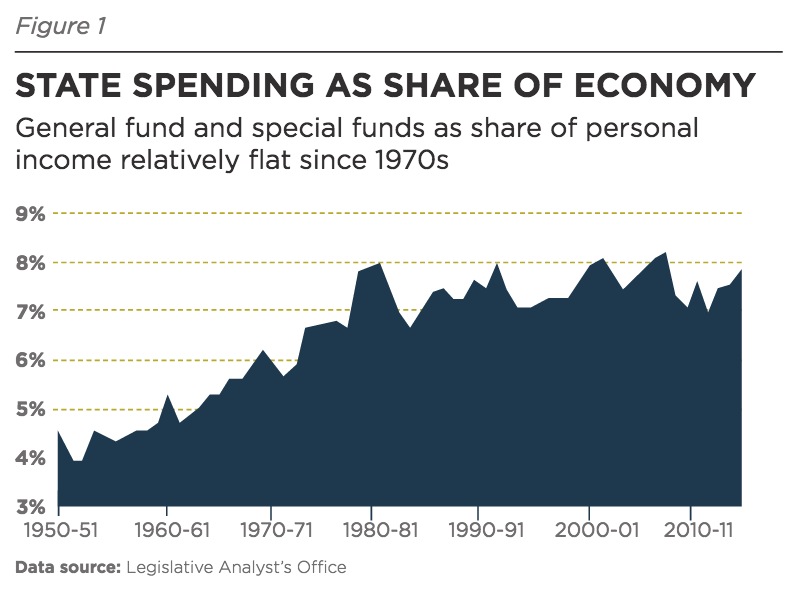
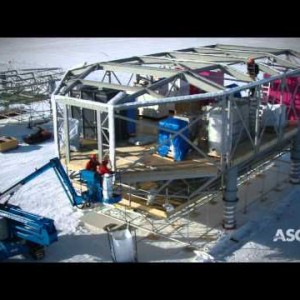
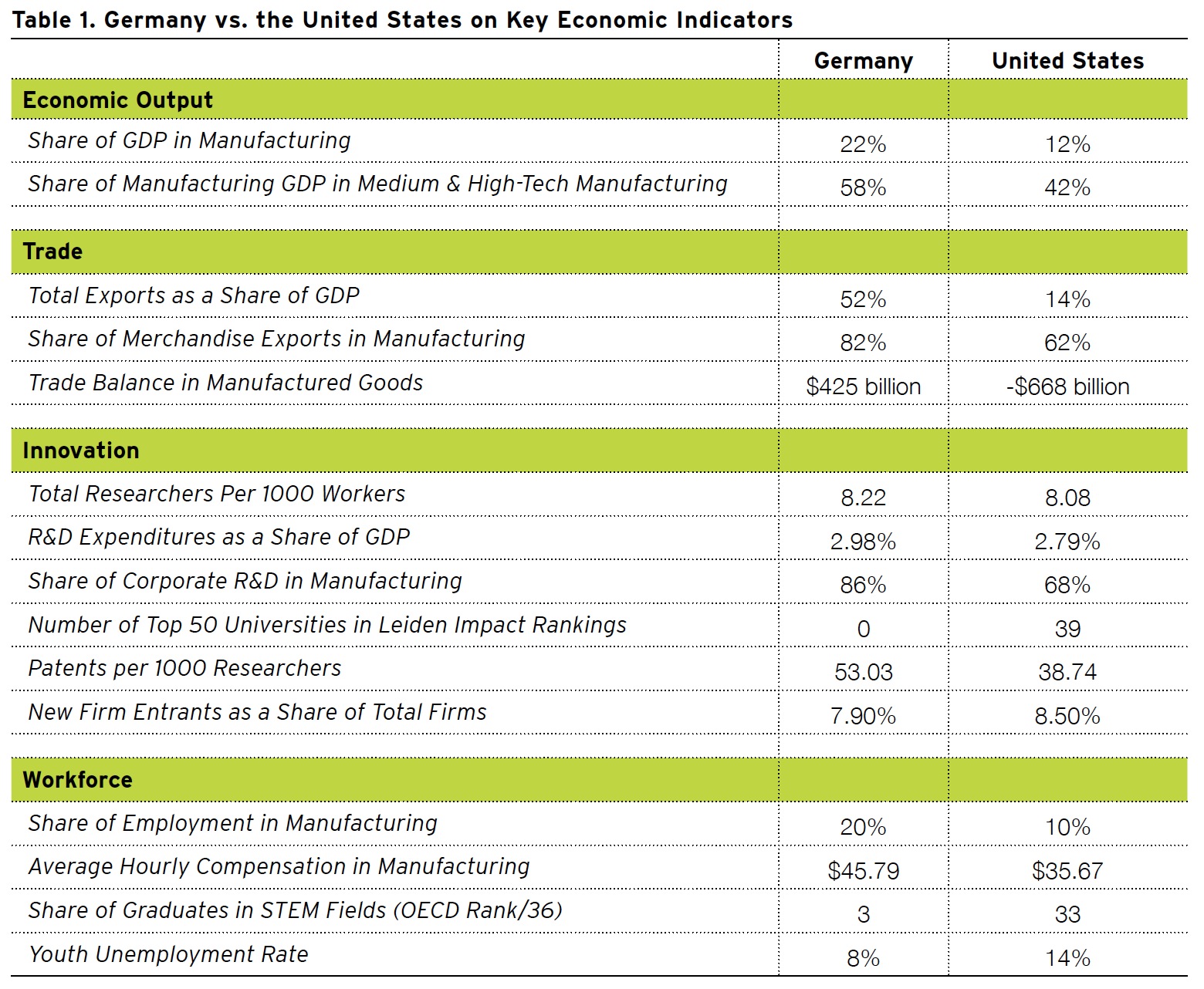

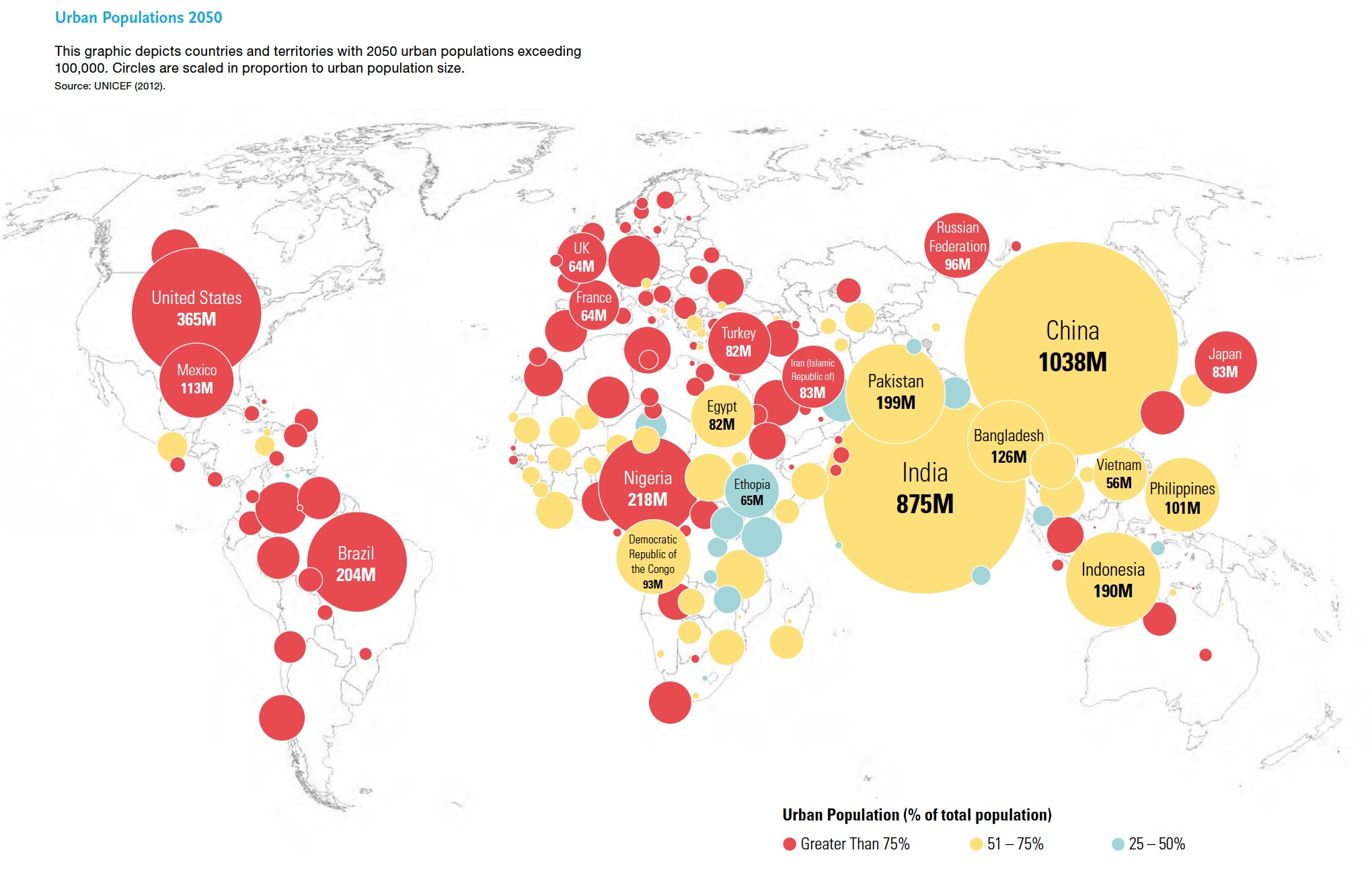

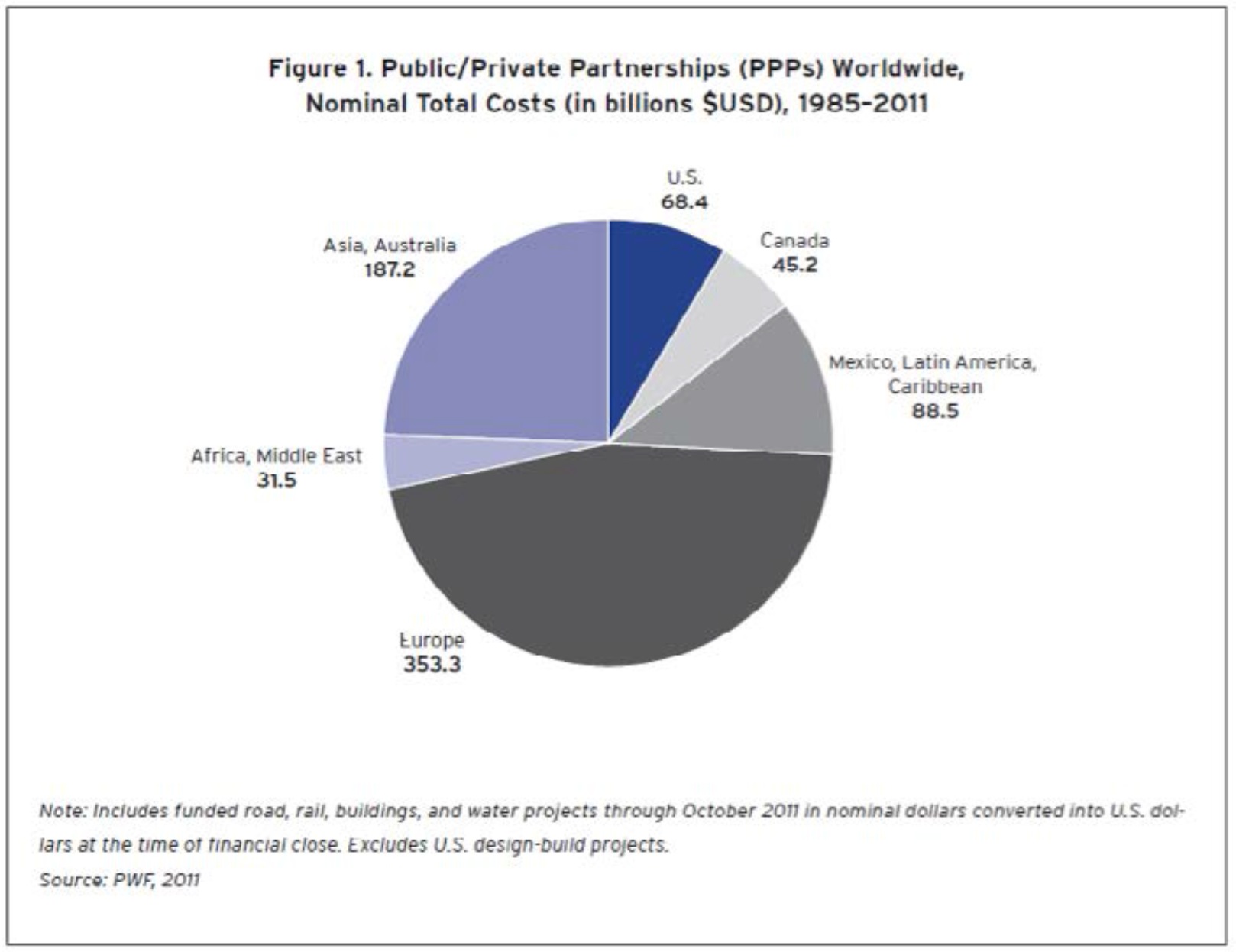

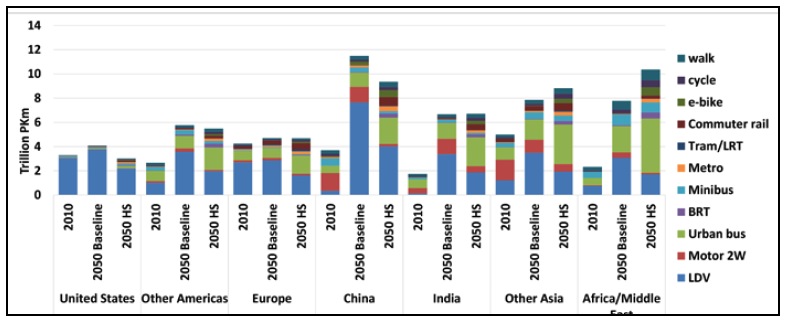

 RSS Feed
RSS Feed